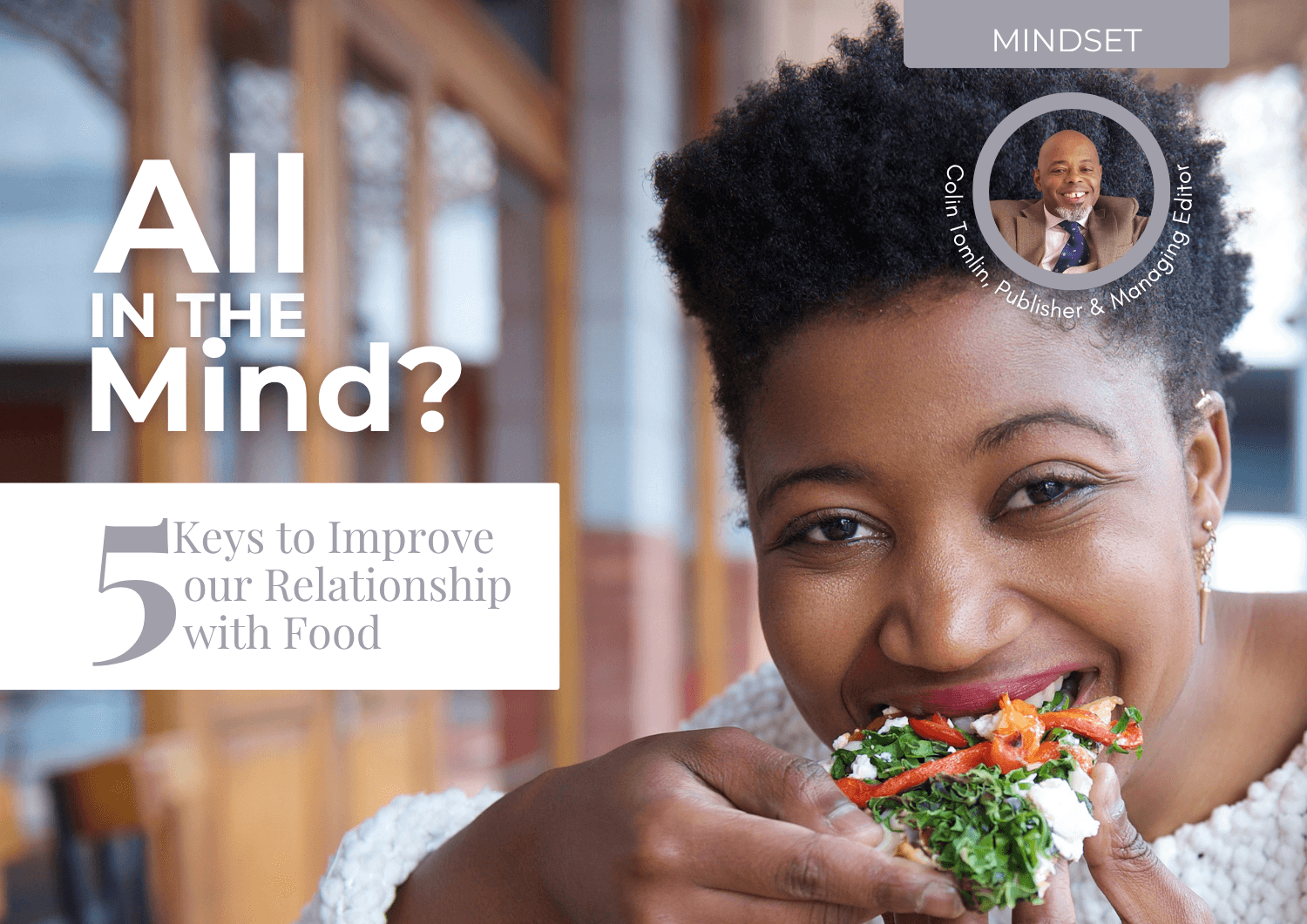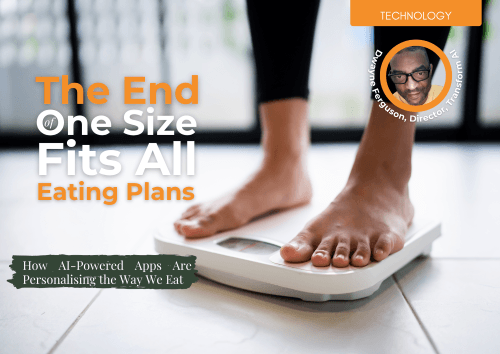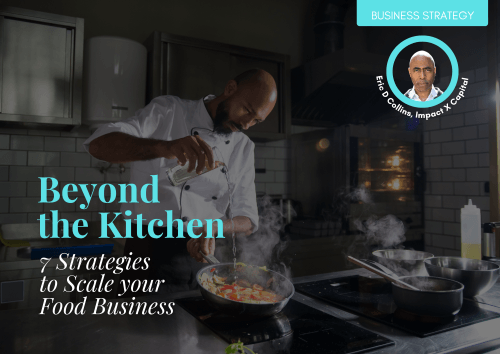
The act of eating is far more than mere biological fuel.
It's a complex interplay of physiology, culture, and deeply ingrained psychological factors. We often assume our dietary choices are purely rational, driven by health goals or hunger pangs. Yet, scratch beneath the surface, and it becomes strikingly clear that our relationship with food is not physiological but psychological.
Is it all in the mind? Well, let’s explore.
Consider your last craving. It probably wasn’t a rumble in the stomach signalling an empty tank; it most likely was a mental image, a memory, or an emotional trigger. The scent of freshly baked bread, for instance, can transport us to childhood, evoking feelings of comfort and security that we then seek to replicate by indulging. This isn't hunger; it's an emotional yearning, a psychological need being met by a physical action.
Similarly, stress eating isn't about nutritional deficiency; it's a coping mechanism, a way to self-soothe with the momentary dopamine hit that certain foods provide. The mind, in these instances, dictates what the body ‘needs.’
"Consider your last craving. It probably wasn’t a rumble in the stomach signalling an empty tank; it most likely was a mental image, a memory, or an emotional trigger."
Beyond immediate cravings, our beliefs about food shape our consumption habits. Diet culture, for example, thrives on the idea of ‘good’ and ‘bad’ foods, creating a moralistic framework around eating. When we label a food as ‘bad,’ we often instil it with an illicit allure, making it more desirable. The very act of restriction can ironically amplify our desire for forbidden items, leading to cycles of deprivation and bingeing. This cognitive distortion, where food becomes an enemy to be conquered or a reward to be earned, is entirely a construct of the mind.
Of course, this isn’t to negate the fundamental biological need for nourishment. Our bodies do require nutrients to function. However, the how, when, and why we consume these nutrients are overwhelmingly governed by our thoughts, emotions, beliefs, and memories. From the primal urge to seek out calorie-dense foods (a relic of our evolutionary past) to the sophisticated marketing that taps into our deepest desires, our relationship with food is a masterpiece of psychological engineering.
Understanding this intricate mental landscape is the first crucial step towards fostering a healthier, more intuitive, and ultimately, more satisfying connection with what we eat.
Here are 5 keys to improve your relationship with food.
The journey to a better relationship with food truly begins in the mind.
Here are 5 keys to improve your relationship with food.
1. Practice Mindful Eating
Slow down and pay attention. Engage all your senses – the aroma, texture, taste, and appearance of your food. Notice your body's signals of hunger and fullness. This practice helps to re-establish a connection between your physical needs and your mental awareness, moving away from automatic or emotional eating.
2. Challenge Food Rules and Labels
Deconstruct the ‘good’ and ‘bad’ labels you've assigned to foods. All foods can fit into a balanced diet. By removing the moral judgment, you can reduce the allure of certain foods and diminish feelings of guilt or shame associated with eating. This promotes a more neutral and less emotionally charged view of food.
3. Identify and Address Emotional Triggers
Become aware of the emotions or situations that lead you to eat when you're not physically hungry.
Is it stress, boredom, sadness, or celebration?
Once identified, explore alternative coping mechanisms or ways to address these emotions that don't involve food. This creates space for healthier emotional regulation.
4. Cultivate Self-Compassion
Be kind to yourself regarding your eating habits. Perfection is an unrealistic goal, and setbacks are a natural part of any journey. Instead of self-criticism, practice self-compassion, understanding that your relationship with food is a complex, evolving process. This reduces shame and makes it easier to get back on track after a slip-up.
5. Focus on Nourishment, Not Just Calories
Shift your perspective from simply counting calories or restricting intake to viewing food as a source of nourishment for your body and mind. Consider the nutrients, energy, and pleasure food provides. This positive reframing encourages a more holistic and less obsessive approach to eating.
Pitch Black Recommends
Andrea Stewart talks about The 2 F Words We Can’t Live Without whether you like it or not.
Nicola Millington introduces 3 Key Facts and 3 Ways to go about Protecting your Peace by Navigating Online Trolling.
Dwayne Ferguson explores how AI-powered apps are personalising the way you eat by doing away with ‘one size fits all’ plans.
Eric Collins encourages food businesses to go Beyond the Kitchen by building sustainable empires & cementing our legacy.
Pitch Black Recommends
Andrea Stewart talks about The 2 F Words We Can’t Live Without whether you like it or not.
Nicola Millington introduces 3 Key Facts and 3 Ways to go about Protecting your Peace by Navigating Online Trolling.
Dwayne Ferguson explores how AI-powered apps are personalising the way you eat by doing away with ‘one size fits all’ plans.
Eric Collins encourages food businesses to go Beyond the Kitchen by building sustainable empires & cementing our legacy.
The UK's Black Entrepreneurs & Executives Magazine is all about Celebrating us, Cheering us on & Challenging us to tune out the noise and turn up with poise.
© 2025 All Rights Reserved. Pitch Black Online Ltd. Company. Registration No. 16038699. Registered in England & Wales. Registered Office: Meadow Creek, Norwich, NR8 6HA, United Kingdom.








